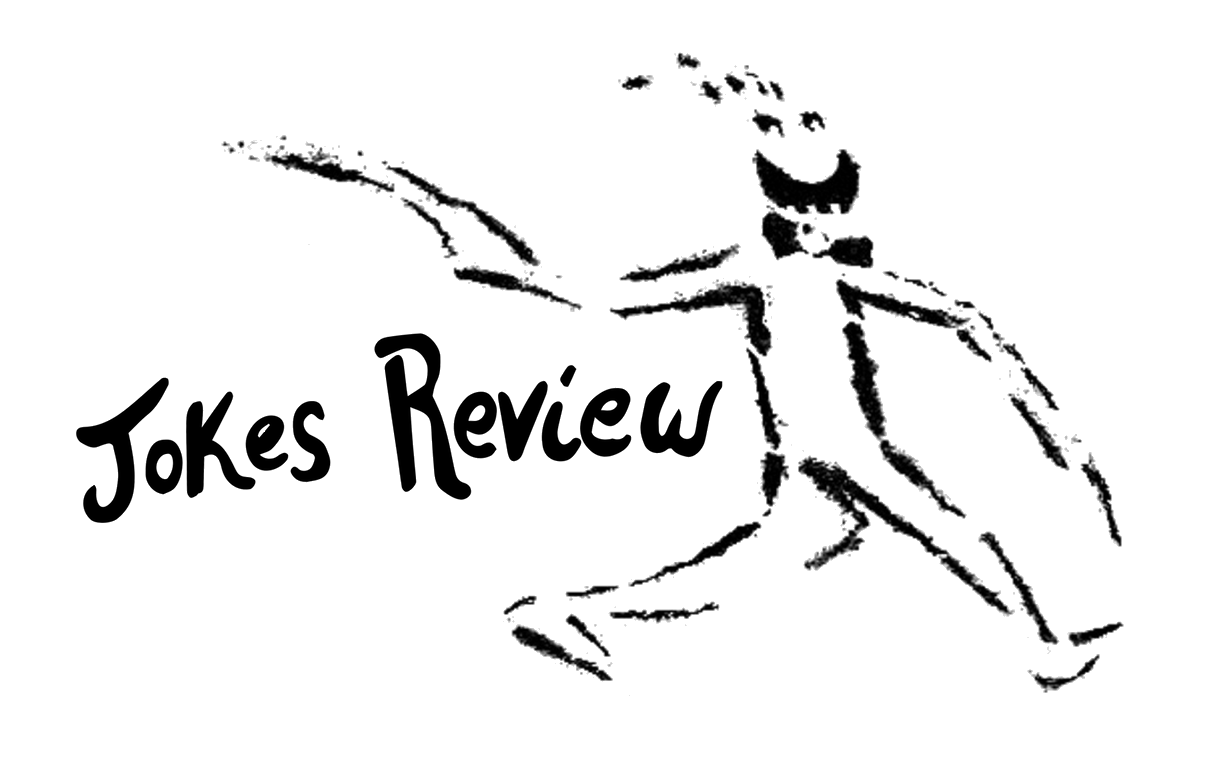As the author of “Hugo Ball and the Fate of the Universe: Adventures in Sound Poetry,” Lane Chasek is an expert in all things sound poetry. Chasek’s book goes into detail exploring the history of sound poetry and bringing the unique art form up to the present moment.
In my recent interview with Chasek, I was curious about his thoughts on the future of sound poetry. Below is a selection from that interview, where Chasek discusses this question.
- Peter Clarke
Do you think sound poetry has a future as a poetic form?
Lane Chasek: Sound poetry will be around forever, I think, but it probably won’t gain popularity anytime soon. In its purest form it just doesn’t appeal to a mass audience. It’s always been a niche genre, but I don’t mind. There’s something special about discovering a writer or performer like Jaap Blonk and only one or two of your friends really “get” what he’s doing. You can share that forever.
However, even if sound poetry isn’t popular in its own right, its children certainly are. And by children, I mean the ways in which sound poetry has influenced music. Scat singing, for example. Even if someone doesn’t know about sound poetry, they’re probably familiar with scat singing, whether it’s Mel Torme or Scatman John. But let’s face it, even jazz has become pretty niche.
I think where we’re really seeing sound poetry’s lasting effects is in the newer generation of rappers, especially the ones who get labelled as “mumble” rappers. Which isn’t a fair label. “Mumble” implies that their style is lazy just because it’s occasionally nonsensical. If there’s anything I’ve learned, it’s that nonsense can be an artform. When someone complains that an artist like Lil Uzi Vert doesn’t use complex, sprawling rhyme schemes like Pharoahe Monch, I can’t help but laugh. It’s like comparing Hugo Ball to Alexander Pope. They’re different artists, they have entirely different goals. A lot of this newer music focuses on mood and the sonic experience more than the lyrics themselves. This isn’t the devolution of rap — it’s proof that the spirit of the first major sound poets is alive and well in the 21st century.
Read the full interview: “Adventures in Sound Poetry - Interview with Lane Chasek”

